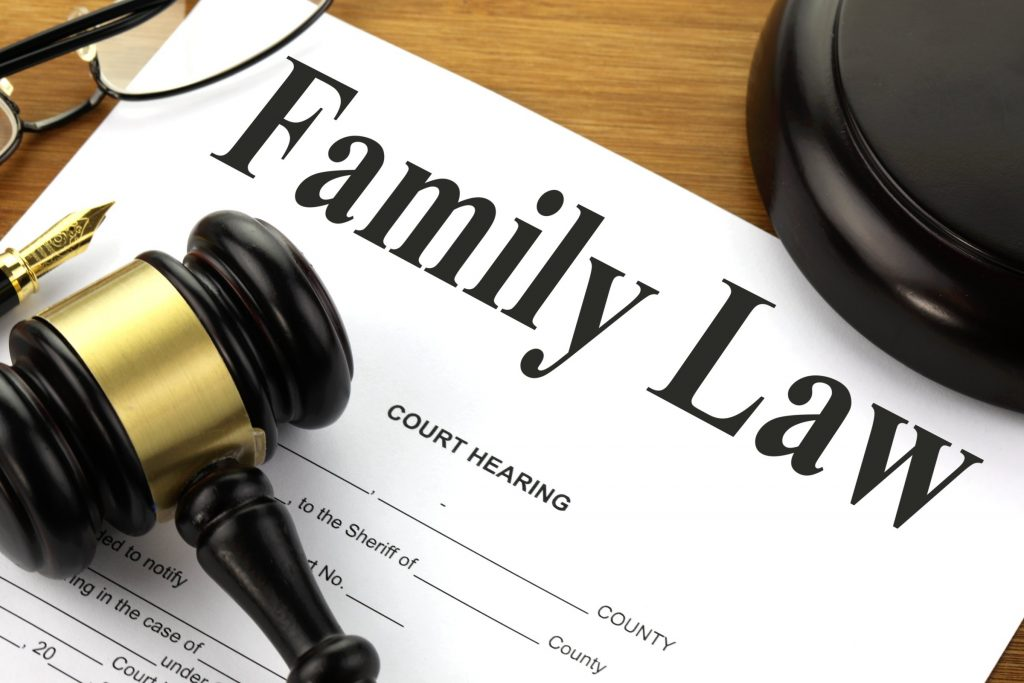What do you imagine when you hear the term “domestic violence”? Most of us think of physical abuse. However, there is much more to domestic violence than just hitting someone. People often ignore intimidating behaviors and assume things to be “okay”, often because they are unaware of their legal options. You could be a victim even when there are visible injuries on your body. In Utah, intimidation is a form of abuse, and you need to call a Sandy domestic violence lawyer to know your rights. In this post, we are discussing a few signs that you need to know about.
Being yelled yet
If your partner yells at you in a way that you feel uncomfortable and do not get the chance to say your side, it is a form of domestic abuse. Keep in mind that there are people who use yelling as a tool to silence voices. Just because your partner is yelling without a pause, you may feel that you wouldn’t want to escalate things further. As a result, they get away with things that are wrong because you don’t protest anymore. It is domestic abuse and not something to be taken for granted.
Discarding the need for privacy
Sometimes, arguments reach a point when the two people don’t understand the meaning of their words. For instance, if your spouse has been behaving badly with you and gets close to your face during a disagreement in a way that you feel cornered, it is domestic abuse. Because women often are more petite in size, they don’t often oppose the other person. As per the laws in Utah, this is not considered domestic abuse, but if you are also being abused simultaneously, you could use that to get a restraining order.
Pushing and grabbing
Your partner pushed you during a conversation, and you are probably wondering – “Is this enough to file a case of domestic abuse?”. Just because it doesn’t look like an emergency doesn’t mean you should ignore it. The same person could slap you the next time, and you may consider that normal. Do not normalize domestic violence and talk to an attorney to know if you can take action, especially if you are in danger.
No matter the type of relationship you share with your partner or spouse, don’t let them treat you badly because they think it’s okay to do so. Talk to a domestic violence lawyer today.











